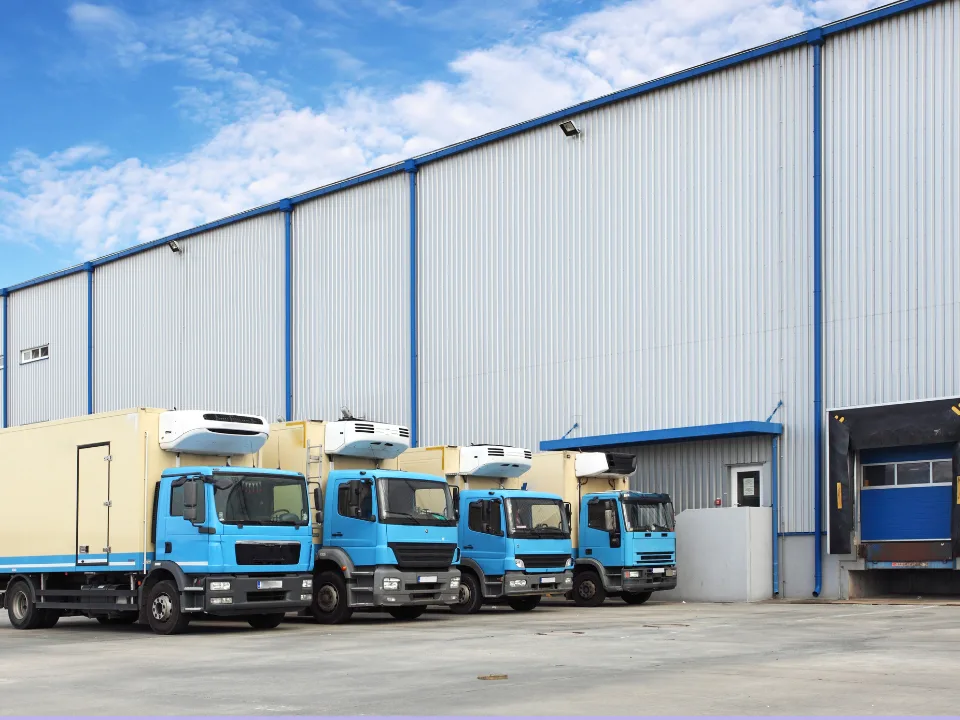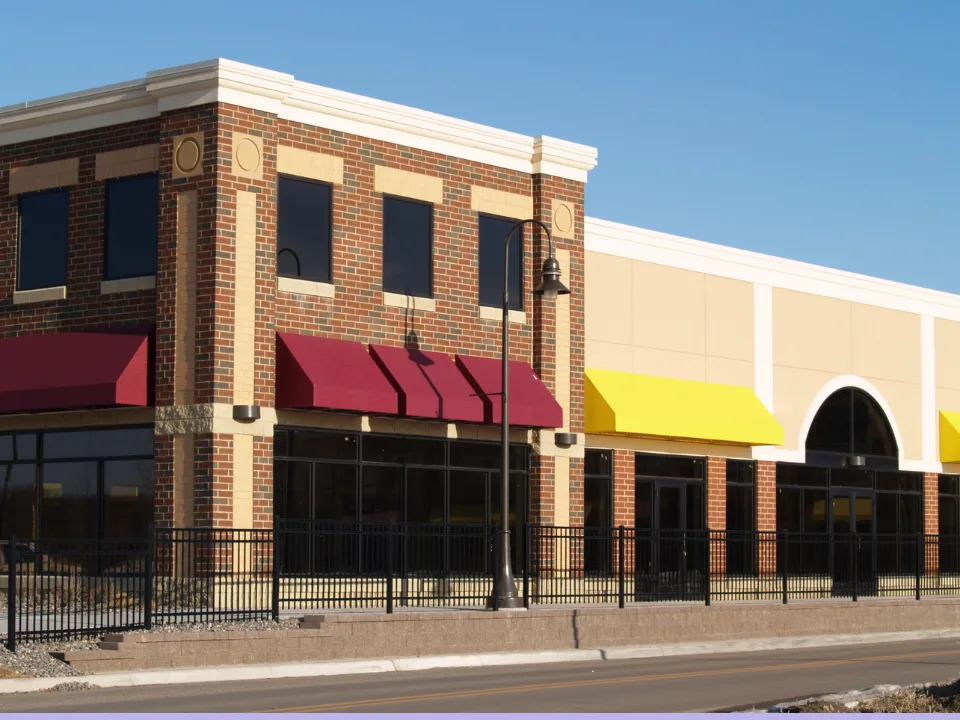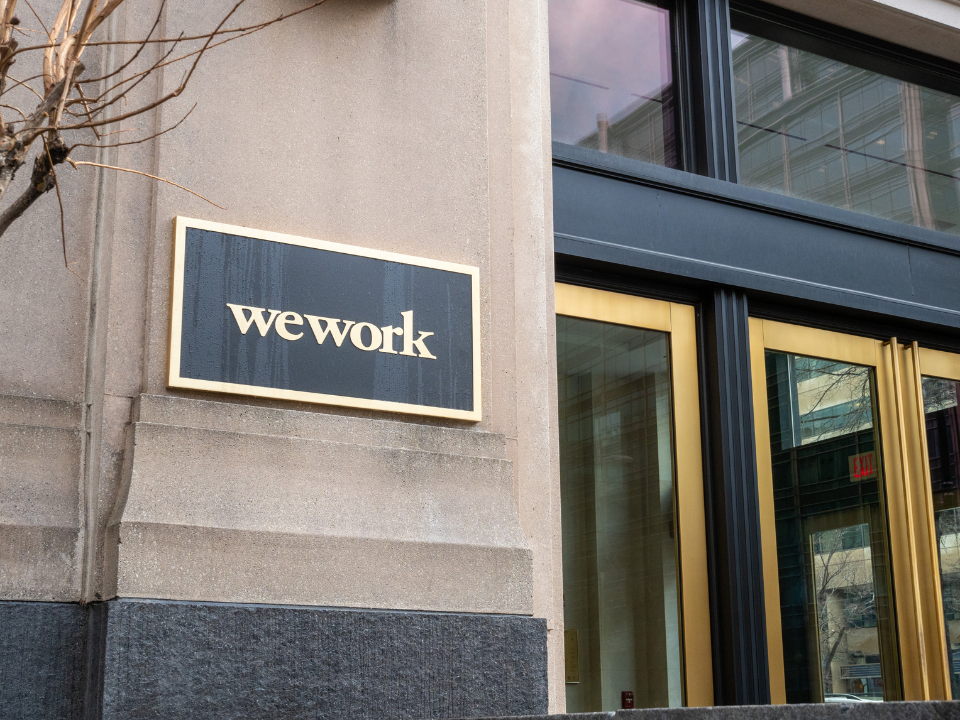- Adam Neumann, co-founder of WeWork, is launching Workflow—a new coworking concept under his real estate company, Flow, as an alternative to WeWork’s model.
- Workflow aims for a more mature environment, combining flexible office space with residential offerings, all while avoiding the long-term leasing risks that plagued WeWork.
- The new venture comes as part of Flow’s broader effort to create community across residential and office spaces, supported by a $350M investment from Andreessen Horowitz.
According to Bloomberg, Adam Neumann, the co-founder of WeWork, is back in the coworking business.
Just four months after a failed bid to buy back his former company, Neumann is introducing Workflow, a coworking service that seeks to compete with WeWork.
A New Approach
Unlike WeWork, which relied on long-term leases to landlords and short-term leasing to tenants—ultimately leaving it vulnerable to demand shifts—Workflow is adopting a more resilient strategy.
The new company will focus on spaces in residential buildings that Flow, Neumann’s real estate firm, already owns or manages. This model is intended to avoid the liabilities associated with traditional long-term leasing arrangements.
Neumann claims Workflow is filling a gap in the market, driven by growing demand for flexible post-pandemic workspaces. “The lack of community and disconnection people feel is even more relevant today,” Neumann said, pointing to a renewed focus on communal workspaces as a solution.
Building Community
The new service is part of Flow, a residential real estate venture he founded in 2022, which has already amassed significant investments—including $350M from VC giant Andreessen Horowitz.
Notably, Flow was founded on the premise of fostering community and connectivity. Flow owns four apartment buildings across Miami, Fort Lauderdale, and Atlanta, and has expanded into international markets such as Riyadh. The company has also begun selling units in a 466-condo development project in Miami, priced around $950 PSF.
Flow’s primary mission—to create connections among residents and provide easy access to amenities—extends to Workflow, which offers coworking spaces integrated into its residential buildings.
The aim is to blend living and working environments, with both private offices and communal coworking areas available to tenants and businesses. In August, Workflow signed its first corporate lease with a Fortune 50 company in Fort Lauderdale, signaling early interest from major enterprises.
Lessons Learned
Unlike WeWork, Neumann is approaching Workflow with more caution and discipline. He acknowledges the lessons learned from WeWork’s rapid rise and fall, pointing out that Andreessen Horowitz’s involvement in Flow has influenced his more measured strategy.
“I know my priorities because of what I went through,” Neumann noted, adding that his new approach is about “slowing down” and listening more carefully.
Although he attempted to buy back WeWork earlier this year, Neumann ultimately pivoted to focus on building Workflow from scratch, describing the process as a more calculated evolution in his thinking—to avoid the pitfalls that characterized his tenure at WeWork.
Future of Work
The coworking market has shifted since WeWork’s peak, with some players like Industrious thriving due to the demand for more flexible workspaces. Neumann is hoping to capture that same demand while ensuring Workflow avoids the pitfalls of his past.
“The common theme for the whole story is we’re learning. We’re not rushing,” Neumann emphasized. It remains to be seen how big Workflow will grow, but it is clear that Neumann is taking a different path—one that balances ambition with the lessons of the past.

















